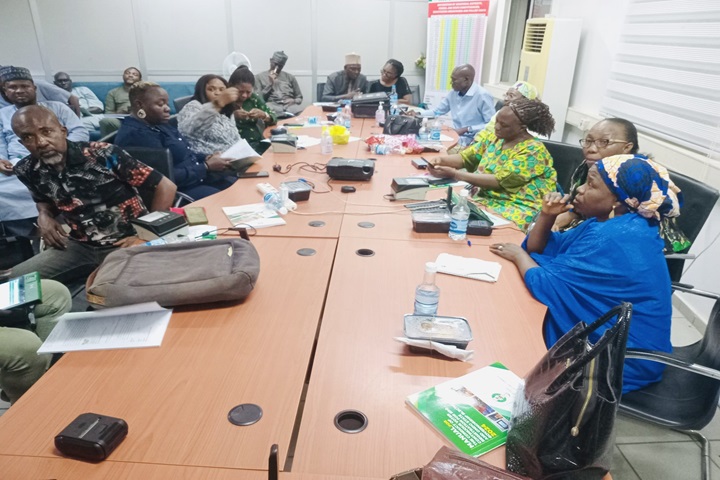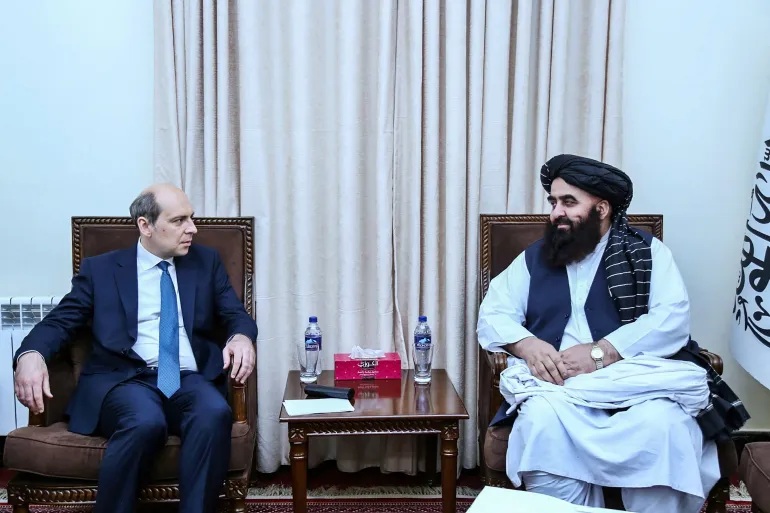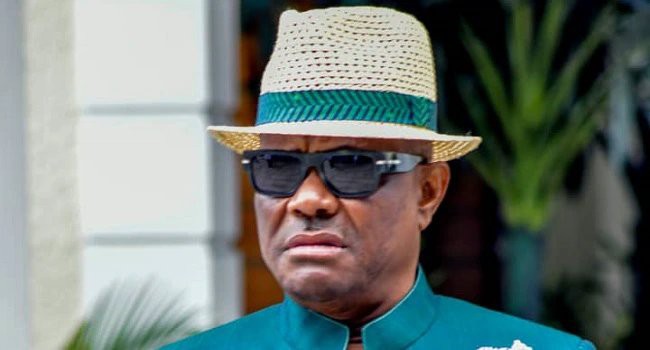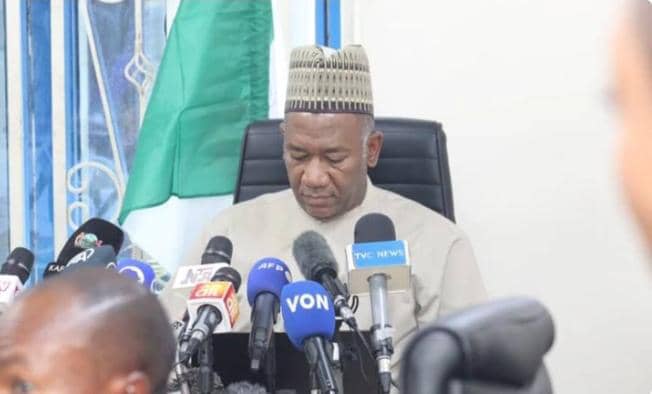Featured
Founding Editor of BBC Pidgin, Adejuwon Soyinka, arrested at Lagos Airport

Adejuwon Soyinka, a London based journalist, has been arrested by the Department of State Security (DSS) at the Murtala Muhammed International Airport in Lagos, Nigeria, on Sunday.
According to eyewitnesses, Soyinka, who is the founding Editor of BBC Pidgin Service, was detained around 5:40 a.m. shortly after arriving in Nigeria on a Virgin Atlantic flight from the United Kingdom.
The reasons behind his arrest remain unclear.
Soyinka, currently the Regional Editor for West Africa at The Conversation Africa, has had a distinguished career in journalism, with a focus on West African affairs.
His work has been widely respected and recognized within the industry.
The DSS has yet to release an official statement regarding Soyinka’s detention, fueling concerns about press freedom and the safety of journalists in Nigeria.
Colleagues and peers have taken to social media to express their concern and demand clarification on Soyinka’s arrest.
The Department of State Security (DSS) in Nigeria has had a complex and often contentious relationship with journalists, with numerous incidents of harassment, intimidation, and detention reported over the years. Some examples include:
1. Arrest and detention of journalists: The DSS has arrested and detained several journalists, including Jones Abiri, a journalist who was held for two years without trial, and Samuel Ogundipe, a Premium Times journalist who was detained for three days.
2. Seizure of equipment and materials: The DSS has seized equipment and materials from journalists, including laptops and phones, often without a warrant or explanation.
3. Intimidation and surveillance: Journalists have reported being followed, monitored, and intimidated by DSS agents, creating a climate of fear and self-censorship.
4. Restrictions on access to information: The DSS has restricted journalists’ access to information, including denying them access to press conferences and official events.
5. Assault and physical harm: In some cases, DSS agents have physically assaulted journalists, including beating and injuring them.
6. Targeting of investigative journalists: The DSS has targeted investigative journalists who have exposed corruption and human rights abuses, including those working on sensitive stories.
7. Lack of accountability: The DSS has rarely been held accountable for its actions against journalists, with few cases resulting in disciplinary action or prosecution.
8. Impact on press freedom: The DSS’s actions have contributed to a decline in press freedom in Nigeria, with the country ranking 120 out of 180 countries in the 2022 World Press Freedom Index.
9. International condemnation: The DSS’s actions have been condemned by international organizations, including Amnesty International, Human Rights Watch, and the Committee to Protect Journalists.
10. Need for reform: There is a need for reform within the DSS to ensure that it respects journalists’ rights and freedoms, and for the Nigerian government to take steps to protect press freedom and promote a safe and enabling environment for journalists.
This is a developing story, and further updates will be provided by Diaspora Digital Media as more information becomes available.
For Diaspora Digital Media Updates click on Whatsapp, or Telegram. For eyewitness accounts/ reports/ articles, write to: citizenreports@diasporadigitalmedia.com. Follow us on X (Fomerly Twitter) or Facebook












